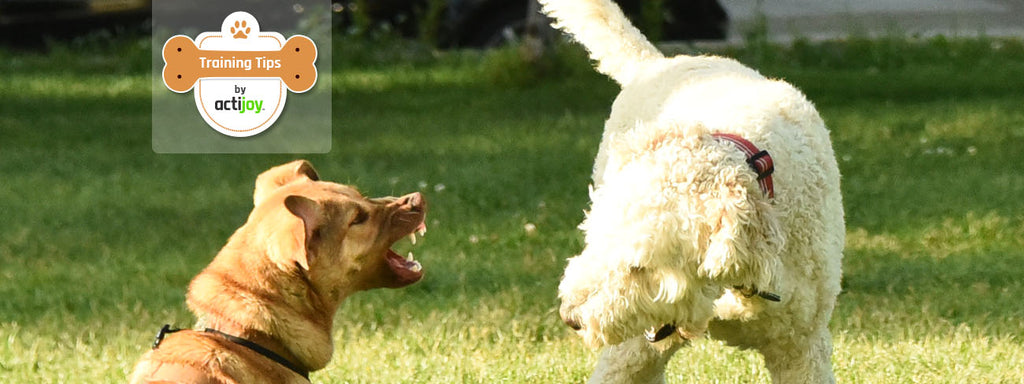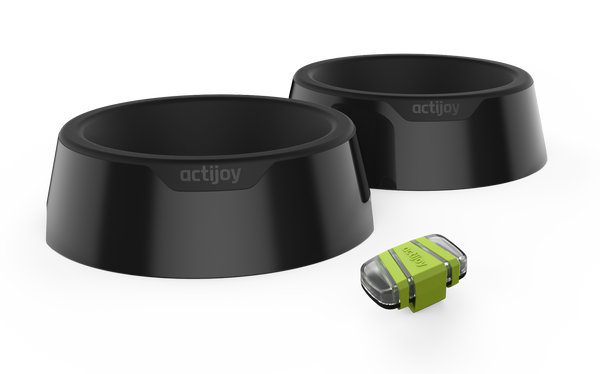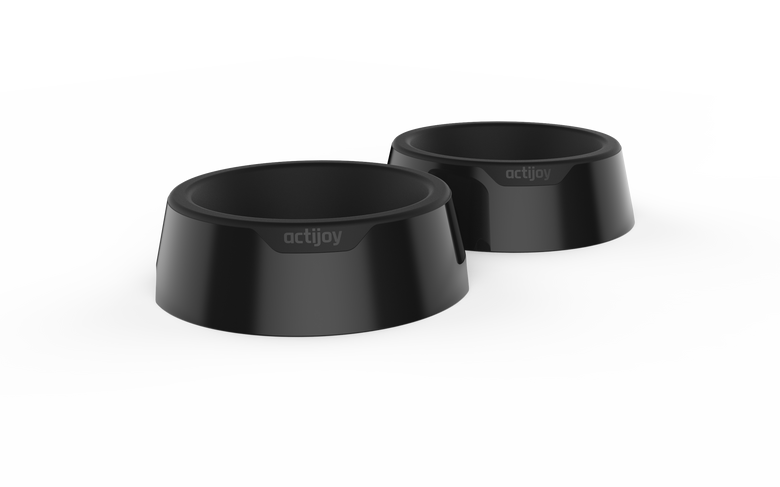Adult Dog Retraining: What Not to Do

Especially if you are retraining an adult dog that is not yet completely comfortable with your family, these tips in the final installment on adult dog retraining are important.
Yell
When a dog does something that is frustrating, it can be tempting to yell at him or her as punishment. However, doing so will not only endanger the trust that you have built between you and your dog but confuse him or her as well. Instead of yelling, focus on praising your dog when he or she does something right, and ignoring the mistakes.
Hit your Dog
Like yelling, physically punishing your dog can have the opposite effect on your training. Hitting your pet – even a smack with a newspaper – can cause your dog to be anxious in your presence. Ultimately, good communication is key, and your dog will not develop a strong bond with you if he or she is fearful.
Use the Crate as Punishment
If your dog acts out, banishing him or her to a crate can seem like a logical punishment. However, the crate should only have good associations, and using the crate for punishment can result in a dog that no longer wants to go into the crate during times it is necessary. Instead of sending your dog to the crate for time out, opt for a spare bedroom instead.
Not Be Consistent
Once you begin to retrain an adult dog, it is necessary that the new commands be used consistently by everyone in the family. If three people enforce the rules but one person allows the dog to revert to old behavior, the dog’s progress will be hindered.
Ignore Professional Help
Sometimes, retraining a dog by yourself is just too big a job, either because of the behavioral problem or because of your dog’s personality. It is okay to ask for help. Seek the advice of a professional dog trainer if your pet is not making any progress after a week’s time, or if the behavior grows worse.If you are struggling while retraining your adult dog, ask yourself if you are making any of the mistakes listed here. Oftentimes a small change in training methods can result in improved behavior.




